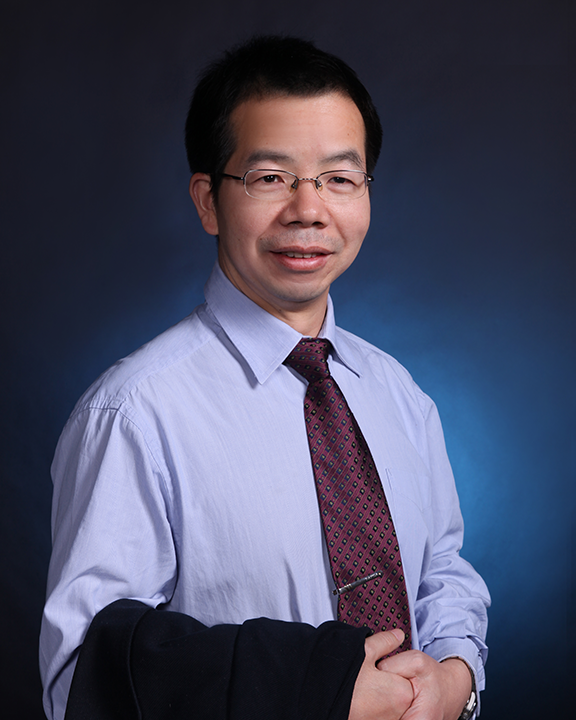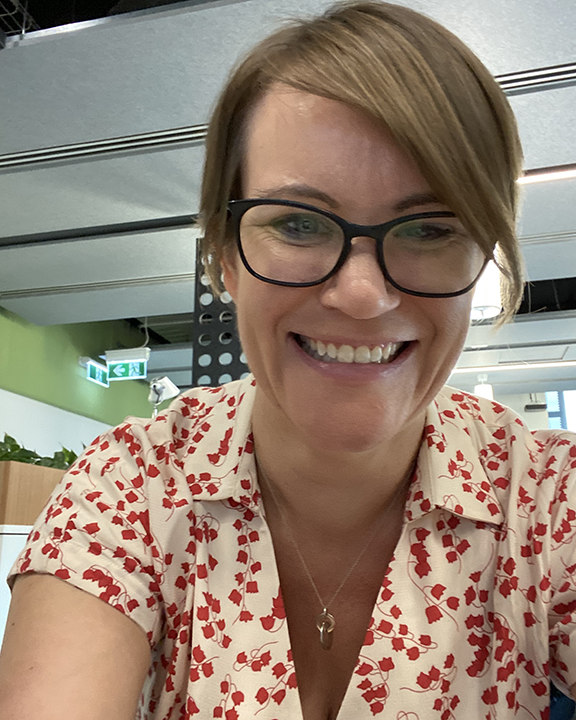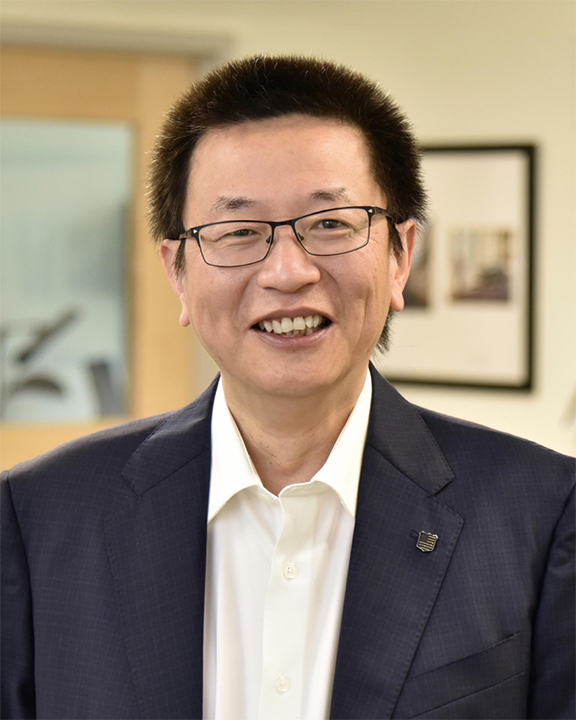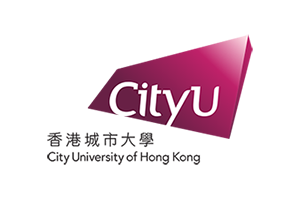Keynotes of ICBL 2023

Prof. Ronghuai Huang
Beijing Normal University
Ronghuai Huang is a Professor in the Faculty of Education of Beijing Normal University (BNU). He currently serves as the Co-Dean of the Smart Learning Institute of BNU, the Director of the National Engineering Research Center of Cyberlearning and Intelligent Technology, the Director of Educational Informatization Strategy Research Base (Beijing) of the Ministry of Education of P.R.C, the Holder of UNESCO Chair on Artificial intelligence in education, the Director of UNESCO International Research and Training Centre for Rural Education. He is also the Secretary-General of the Expert Group of Education Informatization of the Ministry of Education, a Member of the Expert Committee on Science Subject of the Department of National Textbook, a Member of the Expert Group on Artificial Intelligence Technology Innovation of the Ministry of Education, and Editor-in-Chief of Springer's Journal of Computers in Education and Smart Learning Environment.
He has mainly engaged in the fields of educational informatization, smart learning environment, technology-supported innovative teaching, and artificial intelligence in education. He received many honors, including the National Award for Outstanding Teaching Achievement, Science Research Famous Achievement Award in Higher Institution, Science Research Famous Achievement Award in National Education, and the Titles of Beijing Famous Teacher and Beijing Outstanding Teacher. Till now, he has accomplished and is working on over 100 national, provincial, and ministerial projects. His ideas have been widely spread, with over 300 academic papers and over 40 books published at home and aboard.
Digital Transformation Empowered by Artificial General Intelligence: From Blended Learning to e-Pedagogy with AI
Abstract: Online-Merge-Offline (OMO) learning has emerged as a new paradigm that relies on hybrid infrastructure and open educational practices to merge online and offline (i.e., physical classrooms) learning spaces together in real-time while simultaneously seamlessly teaching students in both the physical classroom and online. Despite the increasing interest in OMO learning, several concerns were highlighted, including the effective design of OMO courses that can cater to the needs of both online and offline students in terms of interaction, learning activities and services, as well as the innovative learning assessments of OMO learning. To cover this gap, this study relies on the HELA (Hybrid Education, Learning and Assessment) framework to provide new guidelines on designing OMO courses and assessment techniques. These guidelines will then be implemented and validated through a case-study analysis approach, where teachers and students' perception towards the new designed OMO course and assessment will be collected and analyzed. This chapter can contribute to advance the educational technology field by providing guidelines to various stakeholders (e.g., instructional designers, teachers, students) on how to adopt and implement OMO learning.

Dr. Kam-cheong Li
Hong Kong Metropolitan University
Kam Cheong Li is the Dean of the School of Open Learning, Hong Kong Metropolitan University (HKMU). He is also concurrently the Director of Research Affairs and Knowledge Transfer of HKMU. He founded HKMU's Institute for Research in Open and Innovative Education in 2016 and is now leading the research of the institute as its Director. He has devoted to higher education and teaching development for 30 years. He has also been appointed Visiting Professor of Middlesex University in the United Kingdom, and a number of institutions in China, such as Hebei Academy of Social Sciences and Hebei University of Economics and Business. He has earned three bachelor's degrees, four master's degrees and a PhD from renowned institutions, including the University of Hong Kong, Peking University and the University of London. He has also been awarded many professional qualifications such as Diploma in Education, Advanced Diploma in Translation, as well as Chartered Linguist and Fellowship of the Chartered Institute of Linguists. His research interests lie in technology in education, pedagogical approaches, and educational innovation. Now, he is also the Editor-in-chief of Asian Association of Open Universities Journal and Guest Editor of several academic journals, such as Interactive Technology and Smart Education and International Journal of Mobile Learning and Organisation.
Agile-blended Learning as a Metropolitan Teaching Approach
Abstract: This paper proposes a novel pedagogical approach, named Agile-Blended Learning (AB learning), designed for individuals residing in metropolitan areas who have a multitude of commitments, including long working hours and familial obligations, and who prefer utilizing technology for learning. Learners in metropolitan areas require flexibility, personalized learning, and possess a strong inclination towards self-management of their learning process. The AB learning approach consists of four fundamental features: flexibility, collaboration, learner autonomy, and technology mediation. AB learning offers flexibility in various areas, such as time, spatial delivery, study mode, pace, course design, learning activities, and learning materials. As a crucial component of AB learning, collaborative learning emphasizes both peer-to-peer collaboration and collaboration between learners and teachers throughout the learning process. Additionally, learners are provided with a high degree of autonomy when planning, designing, and implementing their learning, including in terms of time, space, content, and learning modes. Finally, AB learning incorporates a broad range of technologies to enhance flexibility and personalized learning. The use of educational technologies not only enriches learners' experiences but also improves their digital literacy.

Assoc. Prof. Kate Thompson
Queensland University of Technology
Kate is the Associate Professor of Digital Pedagogies, and the Research Engagement Leader for the Visualisation and Interaction Solutions for Engagement and Research (VISER) group within Research Infrastructure. Kate the leader of the Digital Learning for Change Research Group, one of the lead editors of the Australasian Journal of Educational Technology, and is an Associate Investigator in the ARC Centre of Excellence for the Digital Child. Associate Professor Thompson has held positions with a research component for almost twenty years at Griffith University, the University of Sydney and Western Sydney University before beginning at Queensland University of Technology in early 2020. The ultimate aim of her research is to inform design for learning in complex learning environments. She is known internationally for the priority she gives to researching the processes of learning and teaching, particularly with technology. Technology can play a central role in learning and teaching in many situations, but particularly those in which the complexity of the learning materials could benefit from the use of tools (such as the visualization of data, immersive technologies, simulation models, mobile devices, eBooks, physical and online learning environments) that enable learners to understand, create or investigate a particular topic and that support educators and designers in their practice. In 2021/2022, she has led and contributed to 17 research projects worth more than $2mn in funding with partners including Queensland Art Gallery (as the inaugural digital resident), Seqwater (South East Queensland Water, as part of the digital innovation partnership), the Department of Education, Queensland (examining the impact and use of eBooks), Construction Skills Queensland (leading the team comparing the efficacy of VR training for working at heights), and the Australian Research Data Commons as part of the ANCHDA (Australian National Children's Health and Development Atlas) project as well as the Jamieson Trauma Institute as part of the Queensland Injury Atlas project (researching how professionals in the health sector use data and evidence). Kate's research has helped to connect design with design-based research methodologies in order to support instructors in an inquiry approach to their practice, often around the introduction of technology (including learning analytics or transition to online learning environments). In establishing this design-informed, inquiry approach.
Collaborative approaches to research-informed practice in tertiary education
Abstract: There is increasing pressure on teachers, in both tertiary and school settings, to justify their practice with evidence; to describe and explain decisions made in the design of units, and the enactment of teaching. This evidence may be data collected by the educators themselves or it may draw upon data collected by others including system level data. To do this effectively, educators need to be able to articulate the various steps and processes involved in research-informed planning and decision making. Fortunately, this requirement corresponds to a growing emergence of digital tools for data collection and analysis that are able to be connected to conceptual models of learning and teaching, and new methodological approaches, including learning analytic and AI techniques. In addition, there is substantial investment by universities in learning and teaching spaces to support the collection and analysis of such data. In this talk, I will demonstrate that collaborative approaches to research-informed practice can allow knowledge to be connected across disciplinary boundaries, supporting the integration of data analysis, technology development, design for learning, and pedagogical knowledge for the creation of innovative approaches to learning and teaching in higher education.

Prof. Harrison Yang
State University of New York at Oswego
Harrison Hao Yang is a distinguished teaching professor at the State University of New York and a professor in the School of Education at the State University of New York at Oswego, USA. He is also a distinguished adjunct professor at the National Engineering Research Center for E-Learning at Central China Normal University, China. Dr. Yang has published a variety of books and articles, mostly on educational technology. His research interests include distance or flexible education, technology literacy and integration, and e-learning experience management. Dr. Yang is currently the Editor-in-Chief of the Journal of Educational Technology Development and Exchange and the International Journal of Modern Education and Computer Science. He is the recipient of the State University of New York Chancellor's Award for Excellence in Teaching and SUNY Oswego President Award of Teaching Excellence.
The power of rotation: Investigating the impact of the RST model on students' deep learning
Abstract: The multiple synchronous smart-classroom learning environments (MSSC) model uses synchronous broadcasting technology to simultaneously teach large audiences in several smaller spaces, increasing instructor efficiency and providing more students with access to quality education. However, while technology is a critical component of the MSSC, it may not be sufficient to reduce the psychological distance and increase the teaching presence that students experience, resulting in surface learning rather than deep learning. As a solution that addresses the MSSC's limitations, the rotational synchronous teaching (RST) model distributes the lead instructor's physical appearance evenly across classrooms, with teaching assistants facilitating discussions, practice, and reflection. Through this model, students benefit from optimal face-to-face instruction, which promotes deep learning and enhances their learning experiences. This talk will delve into the intricacies of the development, implementation, and effectiveness of the RST model in a Chinese university, highlighting its impact on teaching presence, connected classroom climate, learning environment preference, and students' deep learning.





